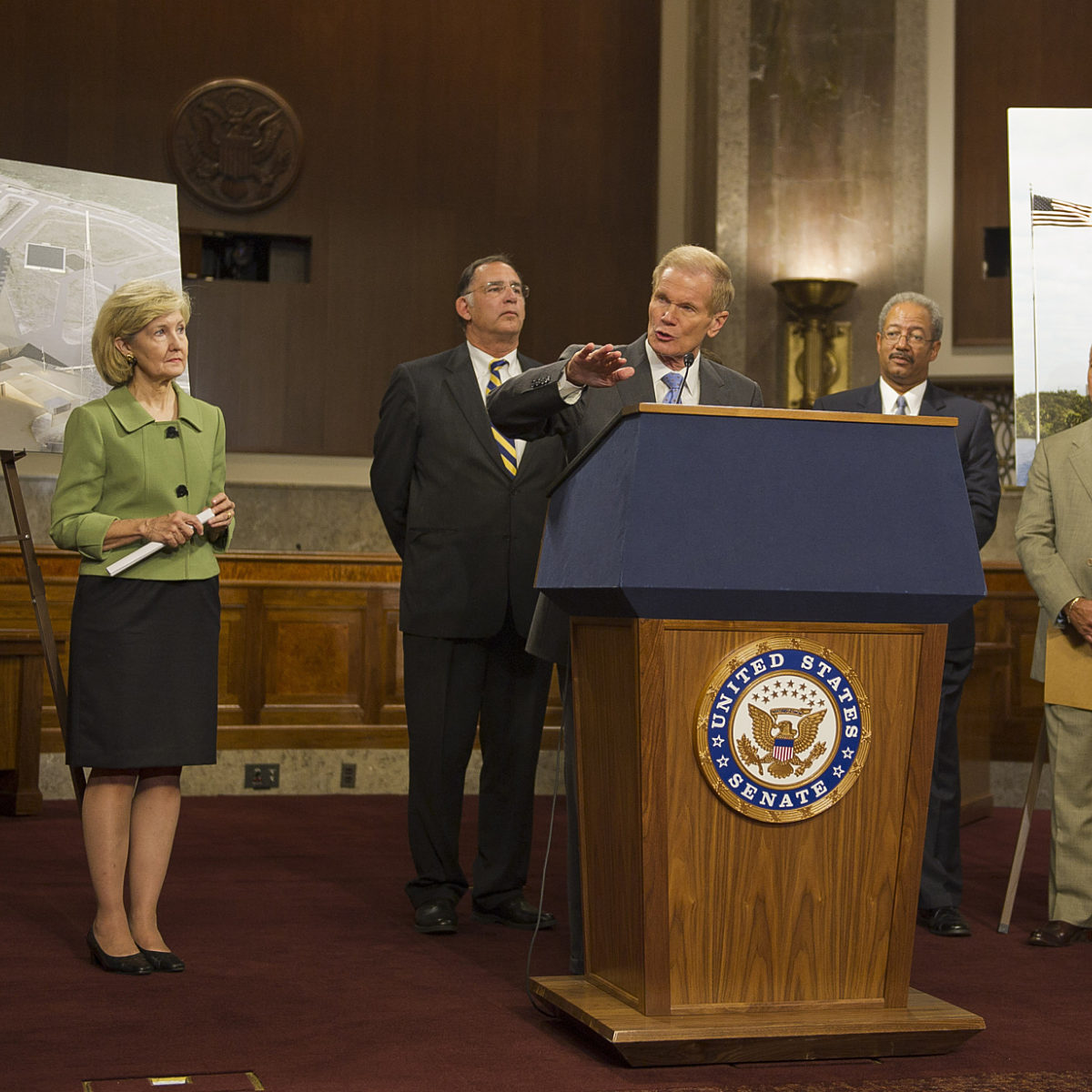Planetary Radio: Space Policy Edition
Featuring The Planetary Society's Chief Advocate, Casey Dreier, the Space Policy Edition podcast features unique insights by the world's leading experts in space policy and history to explain how space exploration actually happens.
Subscribe
The Space Policy Edition is included as a monthly feature of the Planetary Radio podcast, which is available on all major podcast services. You can also subscribe exclusively to Space Policy Edition episodes on Apple Podcasts and Spotify:
Or use our direct RSS feed and subscribe via your favorite podcast app.
Latest Episodes
As the 2010s come to a close, Marcia Smith, the founder of Space Policy Online, rejoins the show to explore the most significant and impactful space policy decisions of the 2010s.
How can a simple report—just words on a page—lead to creation of a spacecraft? We explore how a 2019 report on the need for a dedicated, space-based telescope to find threatening near-Earth asteroids motivated NASA to pursue that very mission.
October 1st kicked off federal fiscal year 2020—a day that should also have kicked off a new budget for NASA. But Congress has not funded the space agency yet, instead passing a temporary stopgap measure to keep the government open until November 21st. Brendan Curry, The Planetary Society's Chief of D.C. Operations, joins the show to discuss the latest political developments in Washington, good news for planetary defense, and how the funding delay could spell trouble for the space agency's 2024 lunar goal.
As NASA struggles to return humans to the Moon by 2024, it's worth asking: why did it stop in the first place? Space historian John Logsdon joins the show to discuss the politics behind the decision to abandon the Moon in 1972. Casey and Mat also discuss the proposal to offer a $2 billion prize for sending humans back to the Moon and establishing a base there, and why that's not good public policy.
Did the public support Project Apollo? Dr. Emily Margolis joins the show to explore the domestic politics and cultural impact of the space age throughout the 1960s. Despite the success of the lunar landings, there was more opposition to Apollo than we generally remember.
Space historian Dr. Roger Launius joins the show to explain why Apollo happened the way it did, how a moonshot briefly became a solution to a national security problem, and why it is unlikely to happen again.


 Explore Worlds
Explore Worlds Find Life
Find Life Defend Earth
Defend Earth







